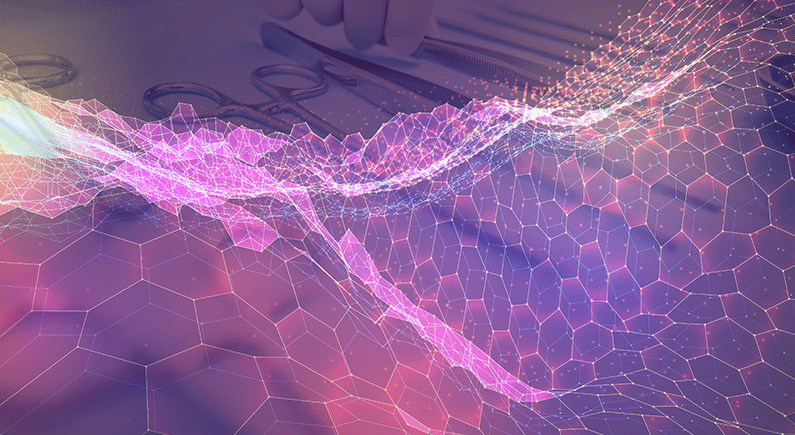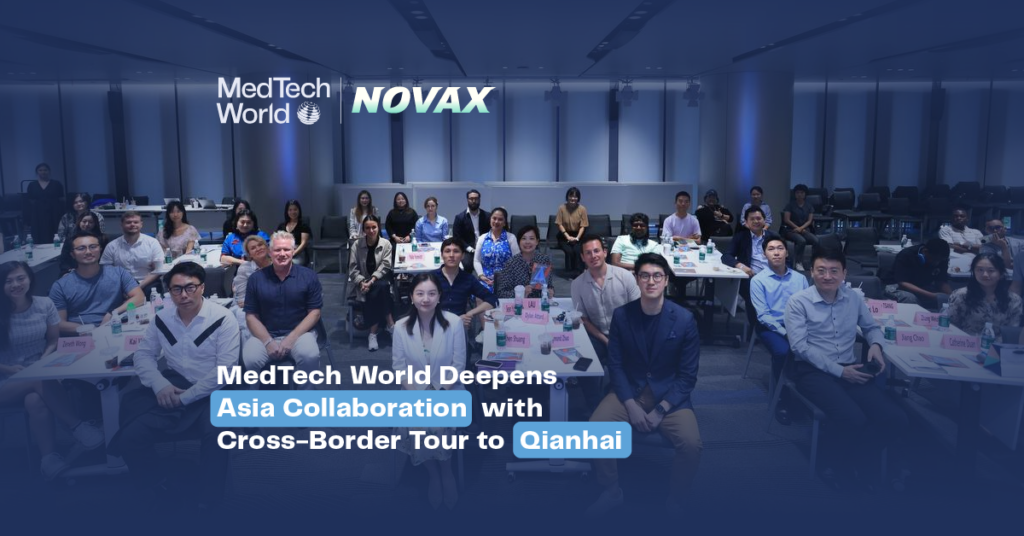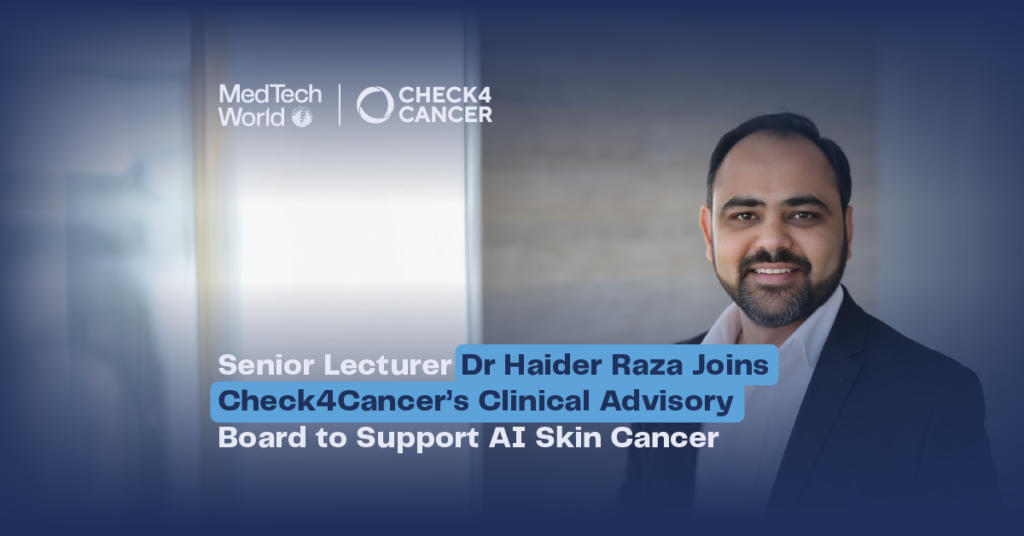
Michael Joe Cini
22nd May 2023
NextMed Brings AI-powered “Lifesaving Radio” to Surgery
Artificial intelligence (AI) has yet again shown its versatility as a technology being applied as a tool to greatly enhance the efficiency and capabilities of surgeons in the operating theatre.
NextMed Health has been assisted by the data science from Klick Health, to successfully create the world’s first AI-based health care radio station, named “Lifesaving Radio”.
Using generative AI, the station features over 30 hours of hard rock music that has been precisely curated for peak performance during surgical endeavours.
The platform creates personalised playlists that improve doctors’ orchestration, timing and harmonisation. Dr. Daniel Kraft, NextMed Health’s Founder, has commented on the interdisciplinary requirements necessitated by the platform’s creation.
“The Lifesaving Radio project is a great example of the convergence of different technology sets to improve elements of health care.”
According to numerous studies, 90% of surgeons and surgical assistants already listen to music when operating. Kraft believes AI technology can improve the relationship between music and medicine to an entirely new level.
For instance, in a 2022 study published in Langenbeck’s Archives of Surgery, a group of German researchers investigated the effects of playing different types of music during laparoscopic surgery.
NextMed rooted in health care research
Conducted at the University Hospital Dresden, the study found that when hard rock was played at a medium volume, the participants performed faster while still maintaining high accuracy levels. Accuracy was still maintained at an even faster rate when hard rock was played at even higher volumes.
This such research was what inspired NextMed Health to build Lifesaving Radio, using the principle of “flow state”, which they attributed to the favourable results garnered in the aforementioned study, to optimise the abilities of the surgical clinicians in the process of operating.
Kraft explained, “The goal was to achieve better surgeries, lower costs, potentially save lives and improve patient outcomes.”
Kraft also offered a seasoned analysis of the medical industry’s contemporary and complex difficulties in the mass transition that the medical industry is experiencing towards reliance on new technologies and automated medical equipment. There are still key roles that are imperative for humans to play, especially when considering procedures in the operating theatre.
“We all know that humans are not perfect machines. They might be tired or grumpy. They might be understaffed.”
Due to these pressures to perform at essentially 100% every time a “flow state” has been self-reported, by surgeons and surgical staff themselves, as being a highly effective and important achievement.
Dr. Michael S. Mulligan, a surgeon based in Seattle, Washington, has described this “flow state”:
“A state of focused, relaxed high efficiency wherein an 85% effort yields 100% of maximum speed. In surgery, we experience this when our hands seem to move deftly with no wasted movement. Needles travel exactly where we want them to go, and it feels almost as if we’re watching ourselves operate with a tremendous sense of satisfaction.”
Focusing on this sensation Kraft has expressed how music can make achieving this state far easier, positively impacting the ability to perform complex cognitive tasks.
Partnering with Spotify, Lifesaving Radio will be powered by “AI DJ”, the streaming giant’s music analytics technology which makes use of the generative AI capabilities delivered by the seminal force behind ChatGPT, OpenAI.
Using this technology the team can analyse millions upon millions of song metrics to identify the ideal tempo, key and loudness for optimal surgical performance.
Kraft concludes that:
“In my (his) imagination, Lifesaving Radio really goes beyond the operating room and possibly into other clinical settings, where music becomes an impactful part of health and medicine.”
Hoping that his innovation will see the technology he has harnessed be used in several other disciplines, Kraft is hopeful not only of further success but comprehensive integration as well.




